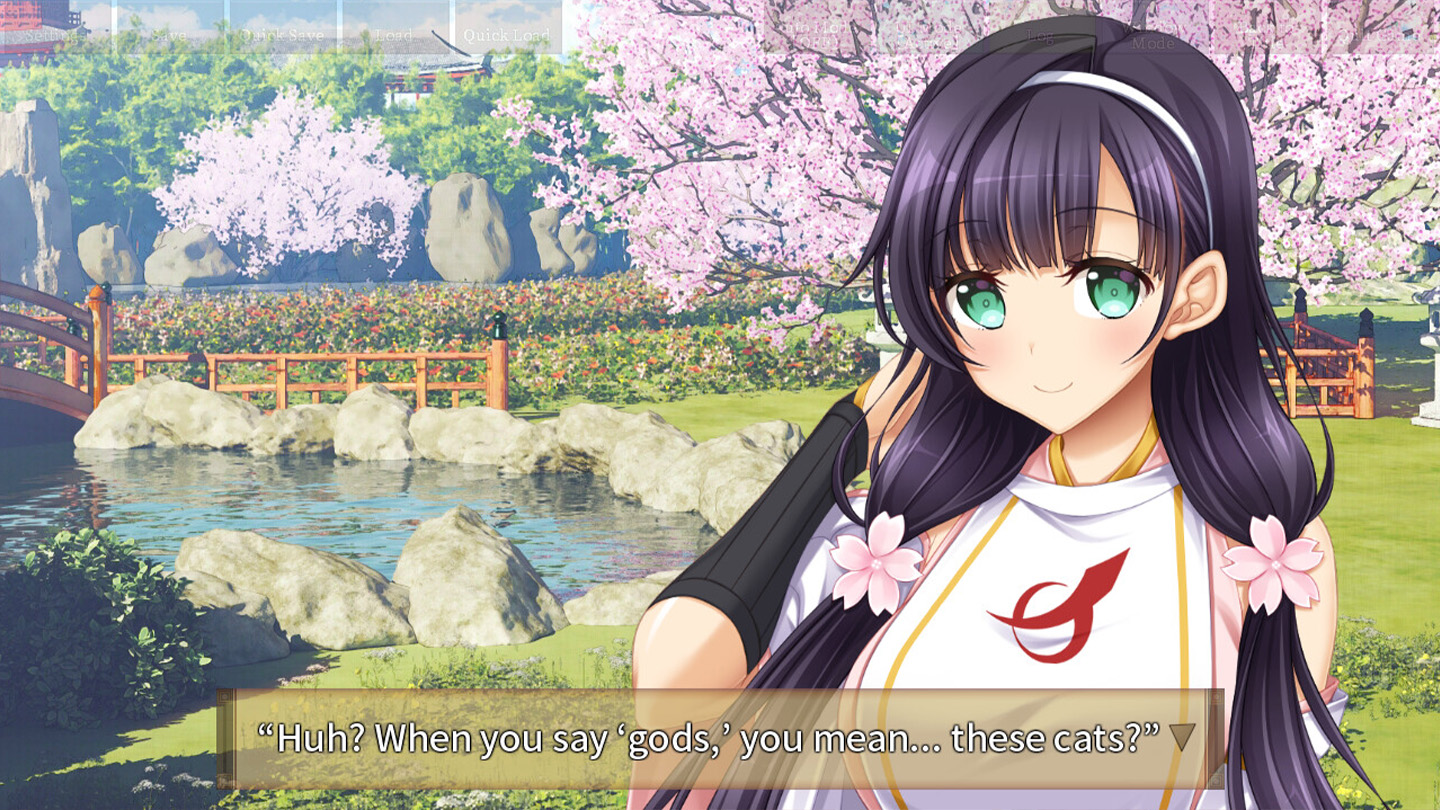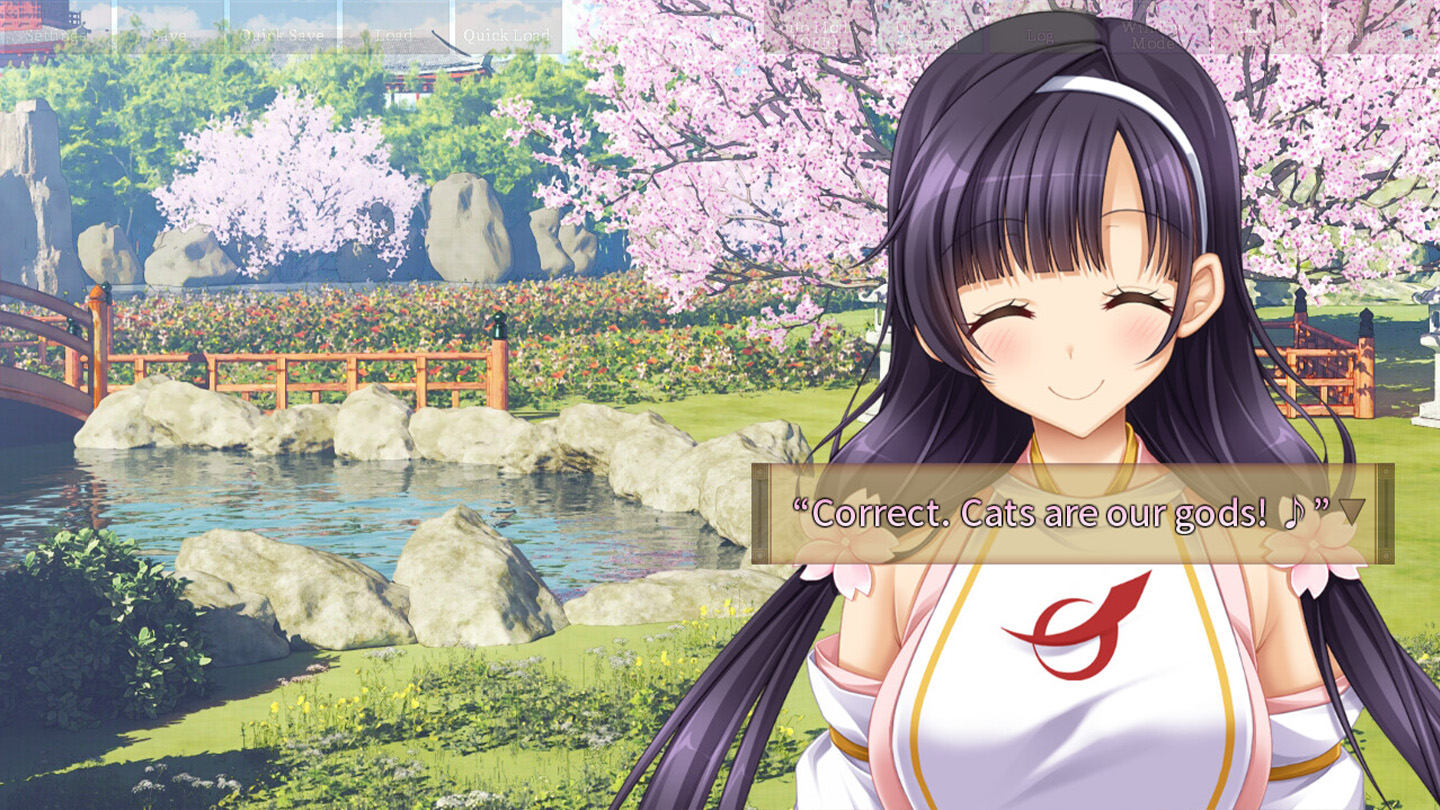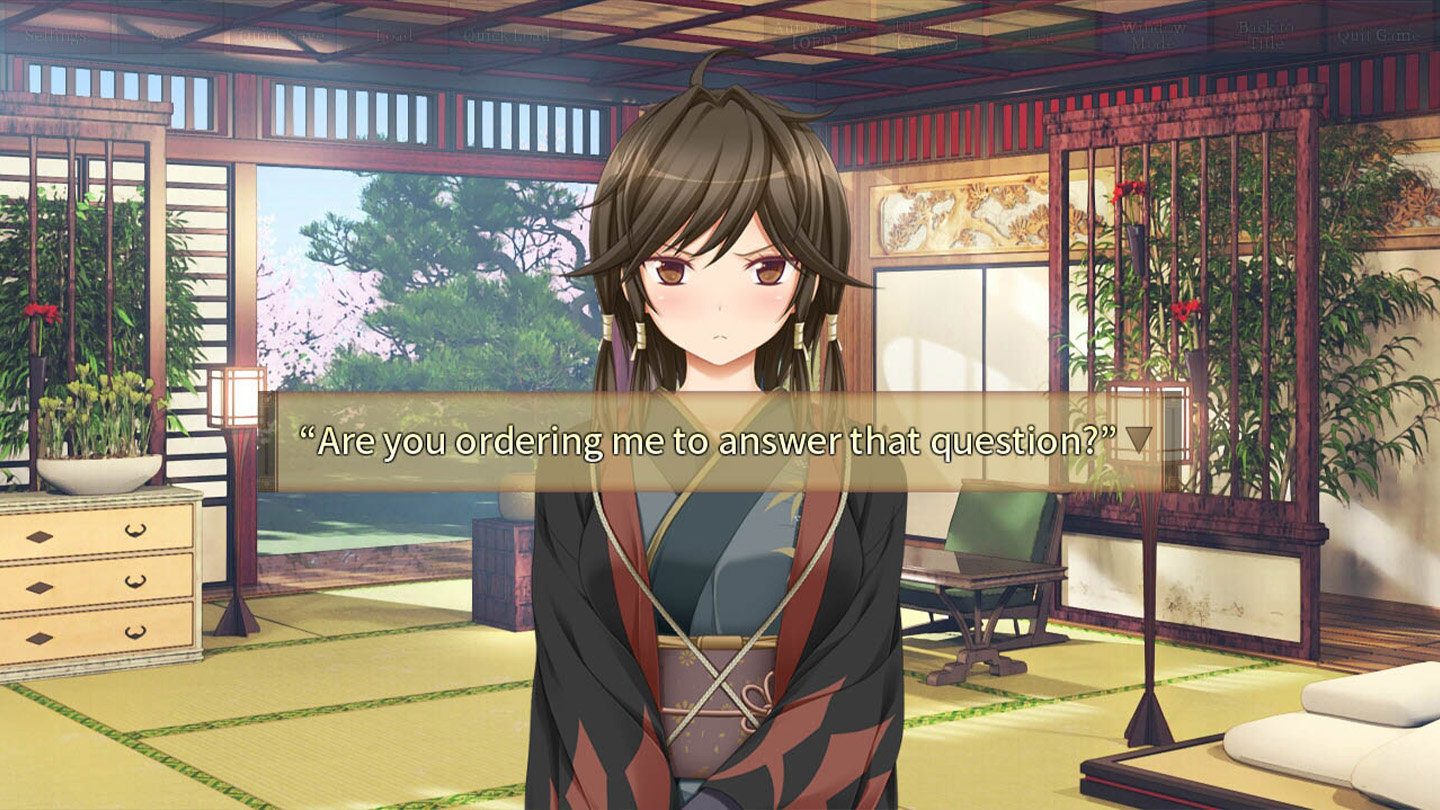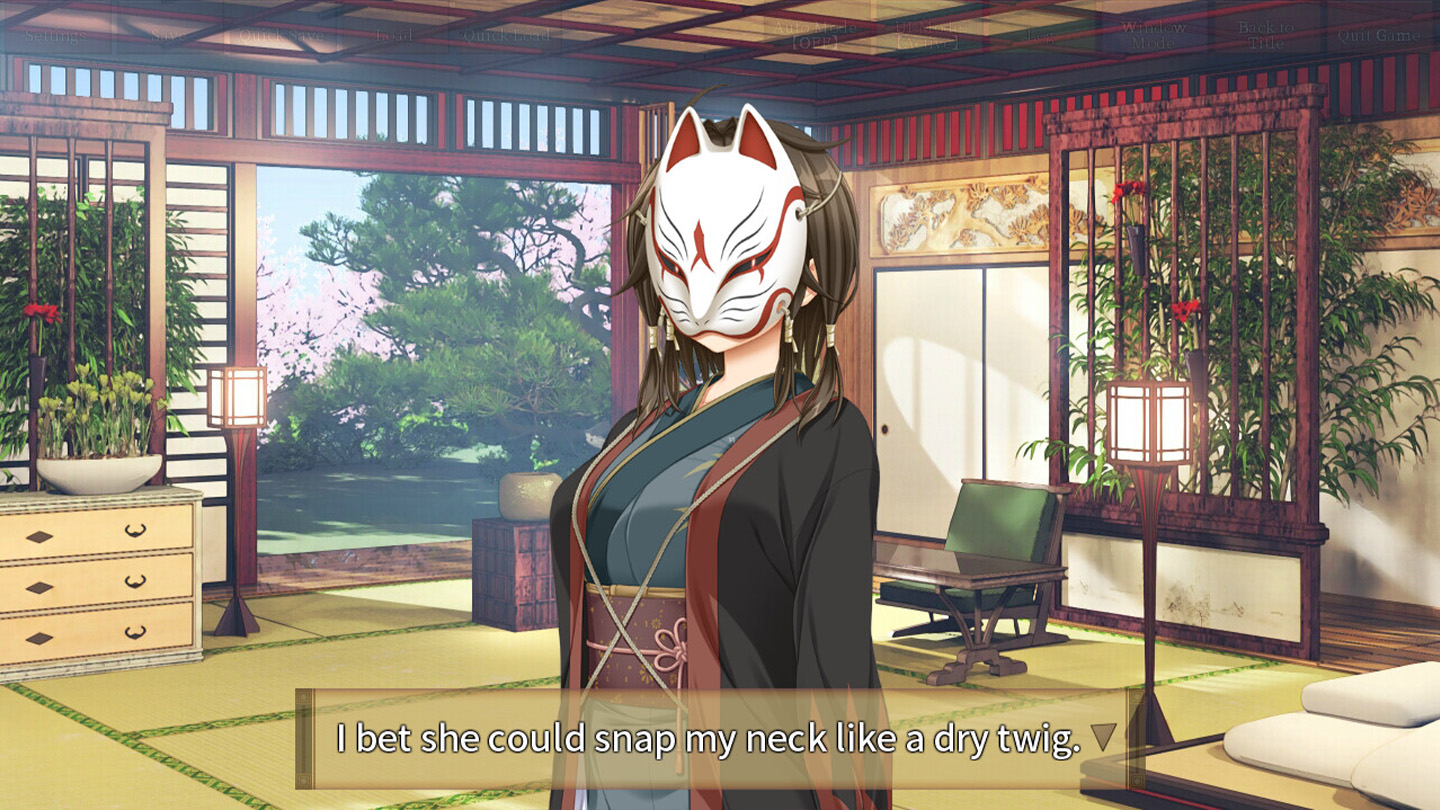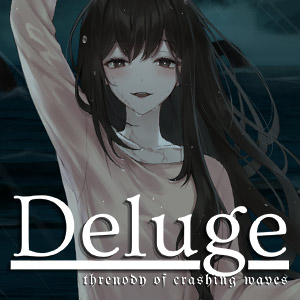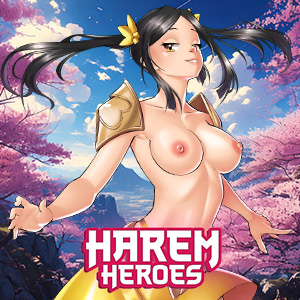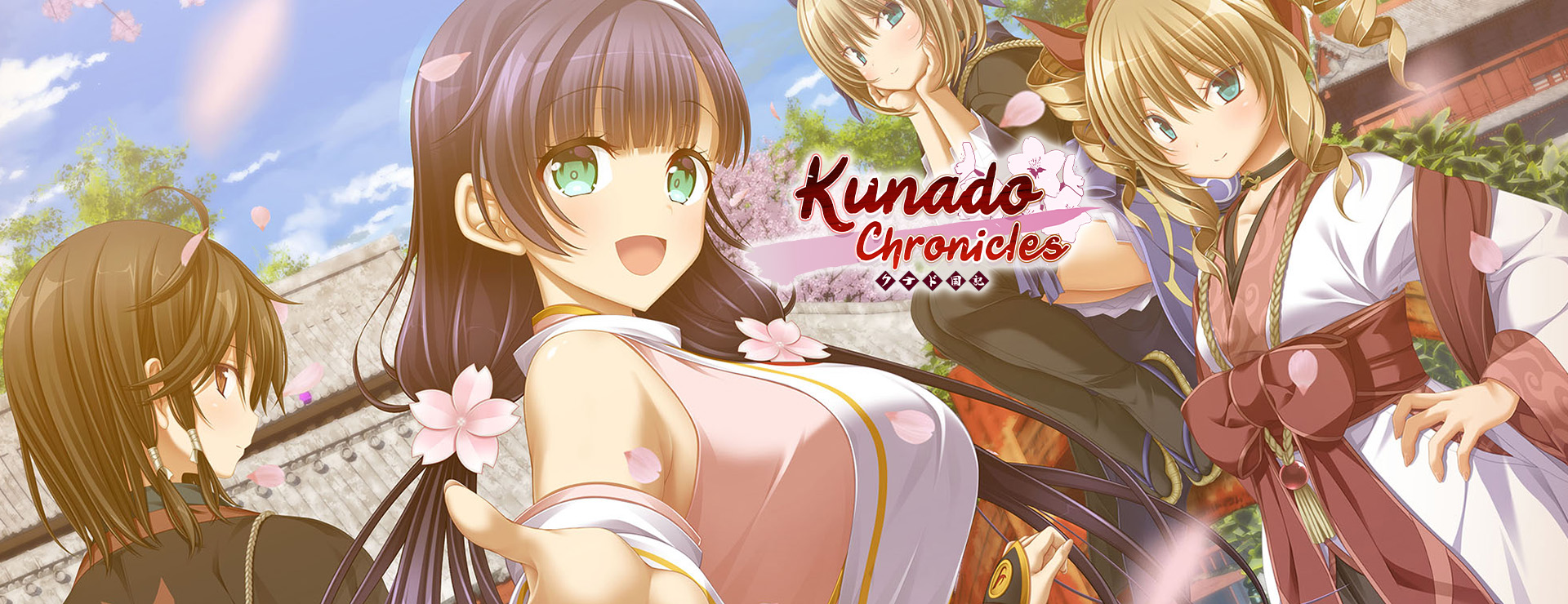
Purchase Pending
You can’t purchase this item again while your purchase is pending. For additional clarifications, check our Frequently Asked Questions page.
$ 24.99 2,499
Kunado Chronicles
發行商: Shiravune
開發商: Purple Software
遊戲摘要
閱讀更多
主要特色
閱讀更多
- 操作系統:
- 版本: 1
- 下載大小: 3.95 gb
- 發行日期: October 09, 2024
舉報報告遊戲發生錯誤
很抱歉,提交您的舉報時發生了錯誤。請重新提交您的舉報,如果再次發生錯誤,請聯繫我們的支持團隊。
系統需求
Windows System Requirement
・OS *: Windows Vista/7/8/10
・Processor: Pentium3 1.0GHz
・Memory: 4 GB RAM
・Graphics: 1280×720 resolution
・DirectX: Version 9.0c
・Storage: 4 GB available space
Windows System Recommended
・OS *: Windows Vista/7/8/10
・Processor: Pentium4 2.0GHz
・Memory: 8 GB RAM
・Graphics: 1280×720 resolution
・DirectX: Version 9.0c
・Storage: 5 GB available space
・OS *: Windows Vista/7/8/10
・Processor: Pentium3 1.0GHz
・Memory: 4 GB RAM
・Graphics: 1280×720 resolution
・DirectX: Version 9.0c
・Storage: 4 GB available space
Windows System Recommended
・OS *: Windows Vista/7/8/10
・Processor: Pentium4 2.0GHz
・Memory: 8 GB RAM
・Graphics: 1280×720 resolution
・DirectX: Version 9.0c
・Storage: 5 GB available space
我們已將您的收據寄到與您的帳號綁定的電子郵件信箱。
此遊戲僅在 PC 上可用
登錄到您的計算機並下載您的新遊戲來玩。
購買遊戲
Kunado Chronicles
$ 24.99 2,499
語言:英文 | 操作系統:Windows
您缺少2,499 Gold以 Nutaku Gold 完成此項購買
選擇付款類型
可能需收取稅金或含稅
